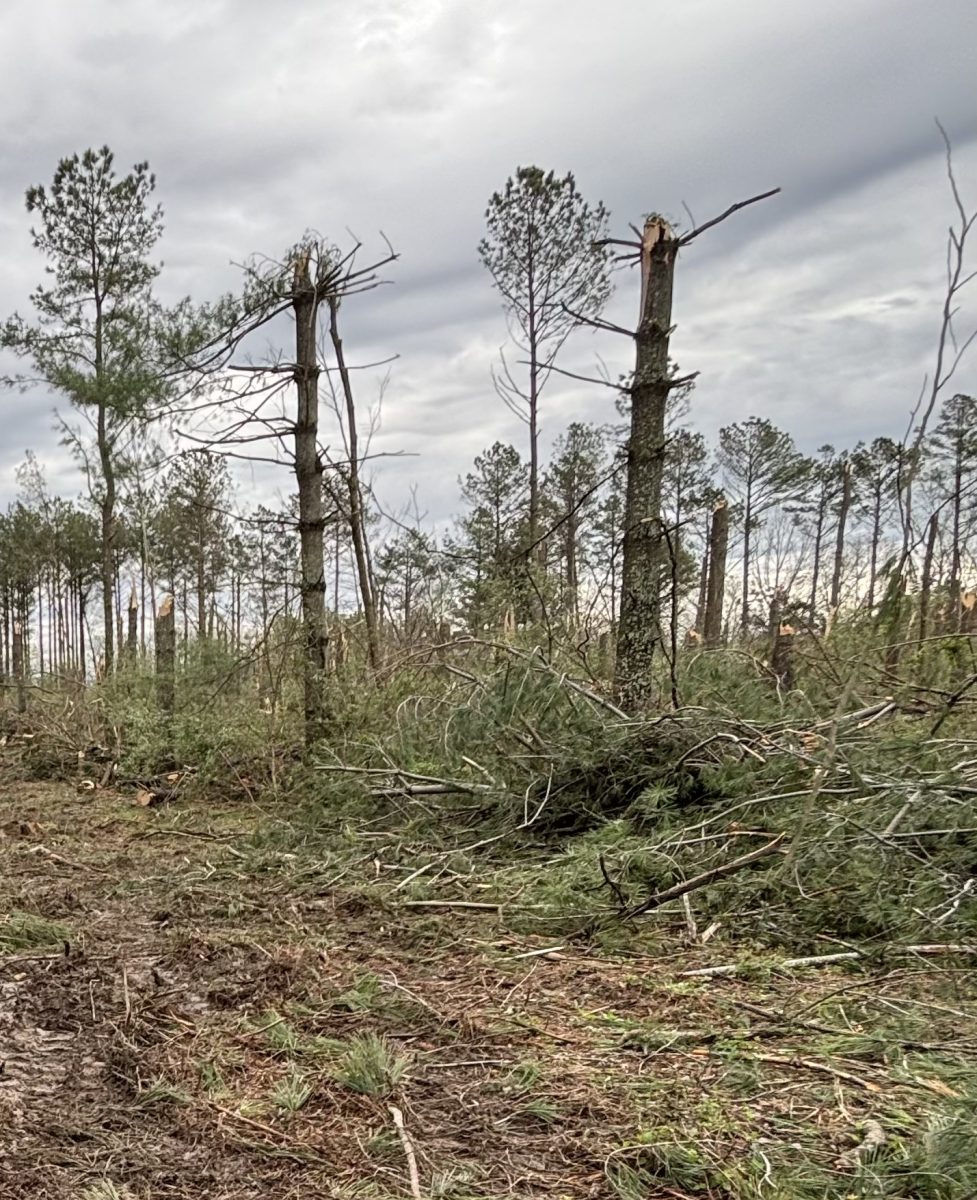Illinois coal exports increase
May 6, 2013
Matt Daray
Daily Egyptian
Head: Illinois coal exports increase
Advertisement
After exporting 13 million tons of coal last year, a recent report showed Illinois has been labeled one of the largest coal producing and exporting states in the country.
According to a report released Wednesday by the Illinois Office of Coal Development, coal production has increased more than five times the amount exported two years ago — 2.5 million. Coal has also made its way to 18 different countries, such as China, where demand has been substantial. Some experts believe the increased interest could lead to more jobs and a higher use of coal.
Since 2009, Illinois has risen four spots to become the nation’s fifth largest coal-producing state, producing 47.2 million tons of the resource last year, according to the report. While the state has suffered in overall coal production and distribution since the federal Clean Air Act was passed in 1990, it is slowly making a comeback. The act requires coal-fired power plants to burn low-sulfur coal or install expensive scrubbers that reduce coal sulfur dioxide emissions, according to the report.
Phil Gonet, Illinois Coal Association president, said coal exports have gone up because of a rise in international demand.
“Almost a third of our production went out of the country,” he said. “That’s primarily because Illinois coal is low-cost and (there is) pollution control equipment to burn it, and it can be used very economically.”
Gonet said the production cost of mining Illinois coal, as well as the state’s close proximity to the Mississippi and Ohio Rivers, has made the state’s coal considerably cheaper compared to other states. The increased worldwide coal usage will open up more job opportunities in Illinois and continue to grow, he said.
“We haven’t seen the end of the increase in production,” he said. “Three of the mines that opened up last year … once they have a full year of operation (the) production on a couple of those mines will double.”
Advertisement*
Gary Broadbent, Murray Energy Corporation media director and assistant general counsel, said in an email that his company exported about 3.75 million tons of coal last year and expects exports to nearly double this year.
He said if coal demand continues to increase, it could affect the number of jobs the company offers.
“If the coal marketplace improves, it is likely that our production, and therefore hiring, would also increase,” he said.
Broadbent said his company’s employment rate has stayed almost the same during the past few years. However, the company is losing U.S. markets because of increased natural gas use and actions from the Obama administration to regulate coal production.
Tomasz Wiltowski, university Coal Extraction and Utilization Research Center director, said the state export increase is beneficial because it helps retain and create Illinois jobs.
“I’m happy that the export grows because, actually, we are keeping the jobs and coal production,” he said.
While coal production helps retain jobs for coal miners, it also creates more transportation jobs for the state, Wiltowski said. Straight coal exports are a good thing but the state should also export coal products such as liquid fuels, he said. The increased interest also will help add mining and transportation jobs, he said. Coal will continue to increase in use worldwide because it is in high demand, especially in China, he said.
Wiltowski said coal is becoming more popular because it is now safer to use. There are modern technologies in place, such as scrubbers and filters that prevent harmful elements from entering the air. He said coal has replaced other power sources, such as a nuclear power plant in Germany, in order to provide a safer means of energy.
While coal might not be a popular resource to use, it is a practical resource for the economy and energy production, Wiltowski said.
“We need energy, we need electricity,” he said. “The question is where this energy will come from. Of course, (people will) answer solar panel, windmills, all of this stuff; I agree with it, but we can not cover electric requirements right now from those renewable (resources).”
Advertisement









